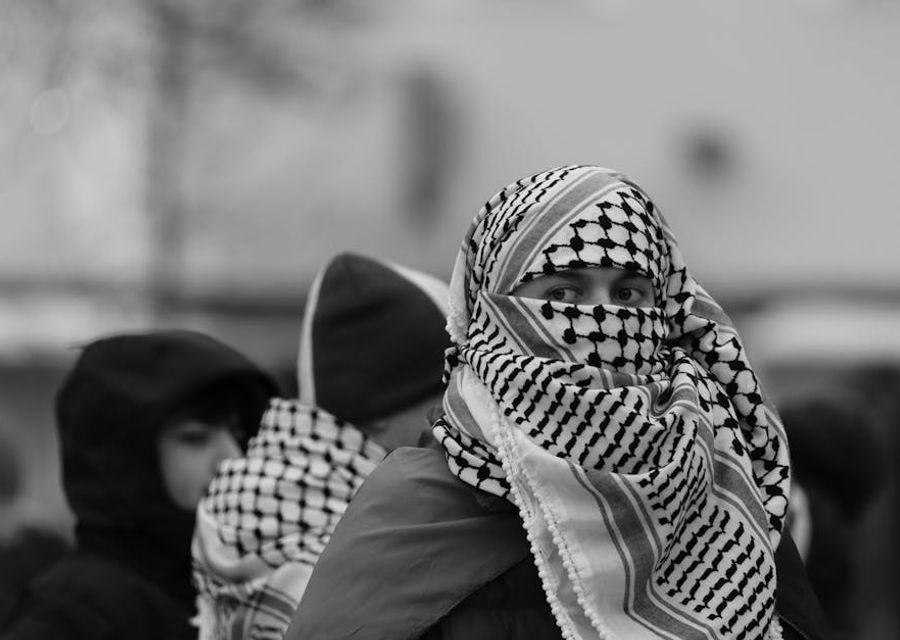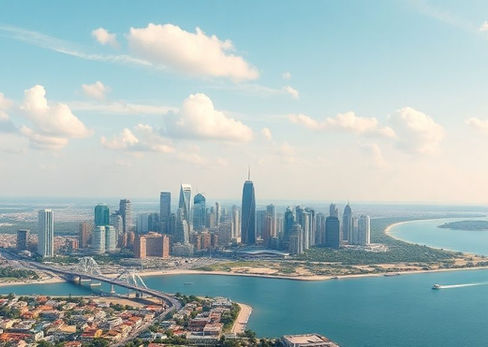The Impact of Palestine Action Protests
- THE MAG POST

- Aug 10
- 4 min read

The recent protests supporting Palestine Action expose a pivotal narrative in the discussion of civil liberties in the UK. These gatherings, marked by the mass arrest of hundreds, shed light on the intricate balance between public safety and the right to protest. Understanding the motives and implications of these actions is essential, as the ongoing turmoil raises relevant questions about democracy, freedom of expression, and global justice narratives. Exploring these dynamics will provide deeper insights into the socio-political landscape.
The recent protests supporting Palestine Action have highlighted tension and controversy surrounding free speech in the UK. These events, particularly the mass arrest of 474 individuals in London, bring forward critical discussions around the balance of public safety and the right to protest. The protest drew significant attention as it marked the largest gathering since a government ban on the group, creating a complex landscape of legal implications and social unrest. Understanding the nuances of these protests is essential to grasp the evolving political climate in the United Kingdom.
Understanding the Protests Supporting Palestine Action
The recent protests supporting Palestine Action were sparked by the group’s proscription under the Terrorism Act, leading to widespread public demonstrations. Thousands mobilized in response to the government's decision, which they perceive as an infringement on civil liberties. These gatherings have highlighted the contentious nature of state authority and the right to dissent, with many calling it a vital expression of free speech. The presence of vocal opposition at these protests demonstrates the passionate beliefs held by many, fueling an ongoing debate around human rights and legal boundaries.
On the ground at Westminster’s Parliament Square, protesters exhibited a powerful show of solidarity, bearing placards that declared their stance against what they call 'genocide in Palestine.' This collective action, characterized by peaceful expressions of dissent, is often overshadowed by the legal ramifications that follow such gatherings. The focus of these protests was not only on Palestinian rights but also on the broader implications of government actions on future protests. The reception of these events by media outlets further complicates the narrative and impacts public perception.
In the wake of the mass arrests, officials claimed that many individuals were not directly involved in supporting the banned group, stirring discontent among protest supporters. Critics of the police response argued that it was disproportionate and undermined democratic freedoms. The Metropolitan Police reported that the 474 arrests marked the largest number made on a single day in the last decade, raising questions about their approach to handling peaceful protests. This incident has drawn both support for law enforcement and criticism from civil rights activists.
The discussion surrounding the legality of the protests and the role of the police is deeply entrenched in the broader context of UK politics. Home Secretary Yvette Cooper defended the proscription while acknowledging that managing protests has become increasingly challenging. She emphasized that public safety must remain a priority amidst growing tensions. The fallout from these events echoes wider themes of governance and civil liberties, creating an essential dialogue that resonates with a diverse audience.
Ultimately, the protests challenge the notion of what constitutes permissible expression in the face of legislative action. Hundreds of participants have voiced their concerns regarding the government's approach to dissent, arguing that such legal restrictions could lead to a slippery slope. The emotions running high among the protestors reflect not only a commitment to Palestinian rights but also a plea to preserve the fundamental democratic principle of freedom to protest. Understanding these dynamics is crucial as society navigates the complexities of activism in today's political environment.
The Impact of Proscribed Groups on Society’s Political Landscape
In societal terms, the impact of proscribed groups like Palestine Action poses significant questions about governance, free speech, and societal response to perceived injustices. As protests continue, the narratives shaped by these events can influence public opinion and potential government policies. The recent ban on Palestine Action marks a pivotal moment in UK history, representing how states grapple with activism deemed threatening to national security. This situation illustrates the delicate balance the government must maintain between law enforcement and civil liberties.
Many analysts argue that the response to proscription reveals underlying tensions within UK society regarding issues of race, ethnicity, and class. The government's actions are often viewed through the lens of power dynamics, with marginalized voices feeling most affected by such decisions. The protests invigorate the discussions around social justice and the rights of individuals to assemble peacefully and advocate for change. Delving into this context reveals the layers of complexity that surround contemporary protest movements.
Furthermore, the perspective of organisations like Amnesty International emphasizes the rights of individuals to voice their concerns regarding international issues, such as the situation in Gaza. They argue that international human rights laws protect those who express such views. Critics of the government's approach believe this legal action can further alienate communities and escalate social tensions, as individuals feel their rights to speak out are being negated by legislative measures.
As citizens observe how these movements unfold, there is an emerging discussion around the effectiveness of protest in bringing about legislative change. Historical examples have shown that peaceful protests can yield significant outcomes when communities unite for a common cause. The trajectory of future movements supporting Palestine Action may very well depend on public sentiment and its intersection with political responses, influencing how organizations advocate within their communities.
Through understanding perspectives from varied stakeholders, society can foster a more nuanced dialogue that respects the complexities of civil disobedience while considering the legitimacy of concerns raised by those in power. The interplay between state authority and individual agency remains dynamic, inviting changes in the ways protests are organized, perceived, and regulated in contemporary society.
The Road Ahead for Protest Movements in the UK
From our network :
Passbolt Password Manager Raises $8M: Open-Source Solution for Teams
Boosting RPGLE Fetch Cursor Performance: A Case Study of Slow Execution
Russia Launches 55 Satellites, Including Two Iranian Devices
Exploring Quantum Brain Functions: New Insights into Consciousness
ISRO’s Successful Space Docking Experiment (SpaDeX): A Key Milestone in Space Exploration






















































Comments